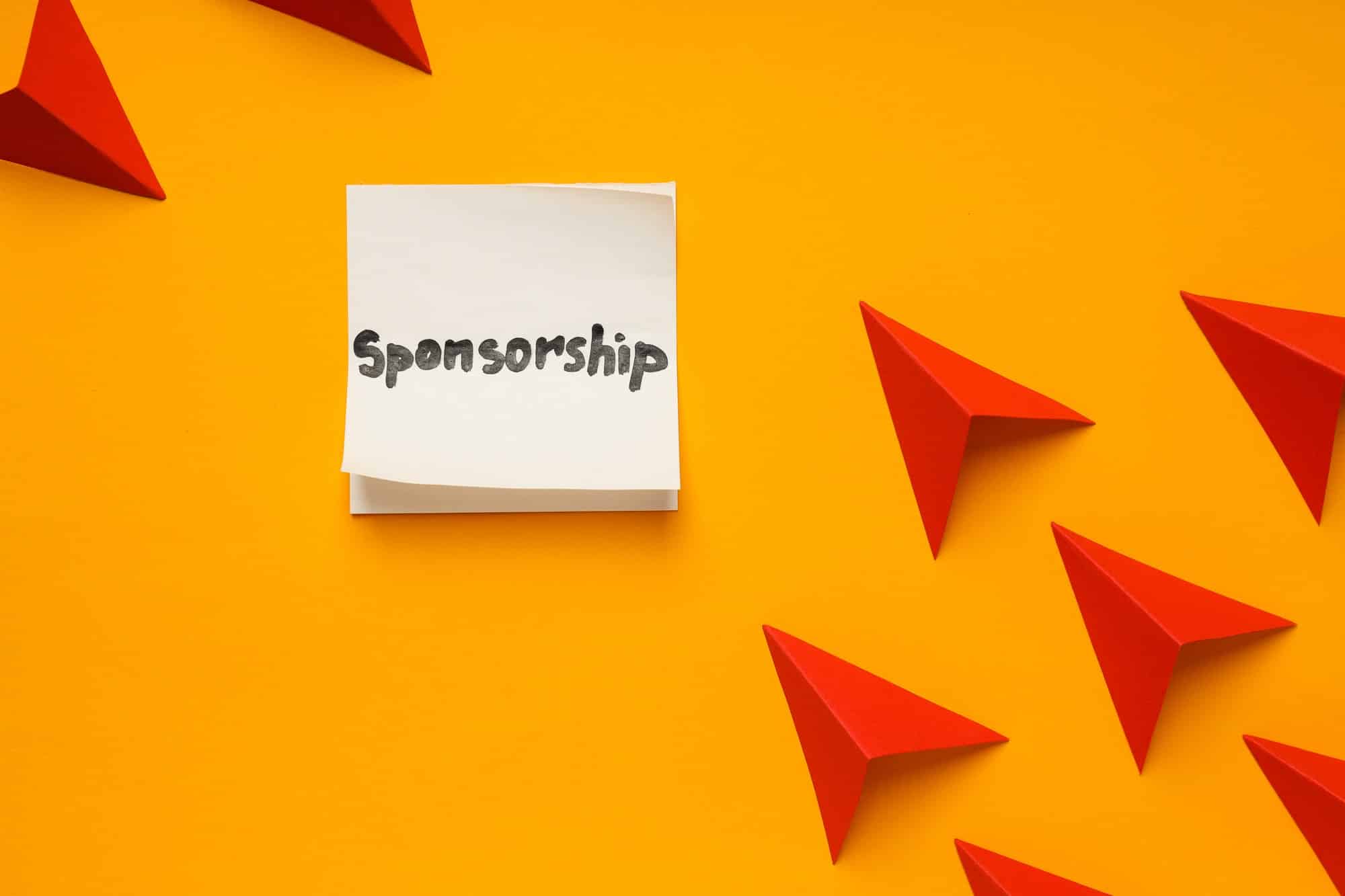What’s the Impact of Sports Sponsorships on Athlete Mental Health?

Sports sponsorships have increasingly become a vital aspect in the world of competitive sports. They offer athletes the financial support necessary to train, compete, and excel in their respective fields. However, with this support comes a certain level of pressure and expectancy, which can have a profound impact on an athlete’s mental health. This article will explore the complex relationship between sports sponsorships, athlete mental health, and the role of social media in this dynamic.
The Role of Sports Sponsorships
The life of a professional athlete requires dedication, discipline, and a significant amount of resources. Sponsorship deals play a crucial role in providing financial support to athletes, allowing them to focus on training and competition. These deals often come with a set of expectations, both on and off the field.
Also read : What Techniques Are Used to Enhance Situational Awareness in Football Quarterbacks?
For many, the financial benefits of sponsorship can alleviate stress and provide stability. Yet, the nature of these deals can also create additional pressure. Athletes may feel obligated to meet their sponsor’s expectations, which could potentially lead to increased anxiety and stress. This can have a significant impact on an athlete’s mental health.
As part of the agreement, athletes are often required to promote the brand to their community, usually through social media engagements. This involvement can contribute to the pressure, blurring the lines between their professional sports career and personal life.
Also read : How to Adapt Training Programs for Athletes with Visual Impairments?
Athlete Mental Health: An Overlooked Aspect
Traditionally, the focus of athlete performance has been primarily on physical health. However, recent studies have started to shed light on the importance of mental health in achieving peak performance. The pressure to perform, along with the intense scrutiny athletes face in the public eye, can contribute to a range of mental health issues, from anxiety and depression to burnout.
Sports sponsorships can both exacerbate and alleviate these pressures. On one hand, the financial stability provided by sponsorships can help reduce stress. On the other hand, the expectations and obligations that come with these deals can contribute to mental health issues.
Furthermore, a study published in the Journal of Clinical Sport Psychology found that athletes who perceived their sponsors as supportive had lower levels of stress and higher levels of satisfaction. This finding underscores the importance of supportive and understanding sponsors in maintaining athlete mental health.
The Influence of Social Media
In today’s digital age, social media plays a significant role in the lives of athletes. It’s a powerful tool for connecting with fans, building brand identity, and promoting sponsors. However, it can also be a source of stress and pressure.
Athletes are often required to maintain an active social media presence as part of their sponsorship agreements. This means constantly creating content, interacting with fans, and promoting brands. This constant need to be "on" can lead to burnout, anxiety, and other mental health issues.
In addition, the public nature of social media exposes athletes to criticism and scrutiny from fans and detractors alike. This can lead to feelings of insecurity and inadequacy, further affecting an athlete’s mental health.
Ways to Mitigate the Impact
The impact of sports sponsorships on athlete mental health is a complex issue with no easy solutions. However, there are steps that can be taken to mitigate the negative effects.
Firstly, brands and sponsors need to recognize the potential impact of their expectations on athletes’ mental health. By promoting a healthier work-life balance and providing support for mental health issues, sponsors can help create a more positive environment for athletes.
Secondly, athletes themselves should be encouraged to seek help when needed. This can include mental health counseling, mindfulness techniques, and taking breaks from social media.
Lastly, the broader sports community, including fans, should be educated about the pressures athletes face. By fostering a more understanding and supportive environment, we can help to reduce the stigma around mental health issues in sports.
A Call for Further Research
Despite the growing awareness of mental health issues among athletes, more research is needed to fully understand the impact of sports sponsorships on athlete mental health. This includes examining the role of social media, the specific pressures associated with different types of sponsorships, and the effectiveness of various support mechanisms.
By gaining a deeper understanding of these dynamics, we can work towards creating a healthier and more supportive environment for athletes. This will not only benefit the athletes themselves but also contribute to the overall health and integrity of the sporting community.
The Importance of Supportive Sponsors and Mental Health Literacy
Sponsors play a crucial role in the life and career of an athlete. They provide the necessary financial backing to aid athletes in their quest for greatness. However, it is essential to remember that they can also be instrumental in promoting and supporting mental health. It is, therefore, necessary for sponsors to be aware of the mental health issues an athlete might be dealing with.
Highly publicized cases, such as that of the tennis star Naomi Osaka, who withdrew from the French Open due to mental health concerns, highlight the importance of understanding and addressing the mental health challenges faced by elite athletes.
In addition to providing financial support, sponsors can contribute positively by promoting a culture of understanding and acceptance surrounding mental health. By fostering an environment where athletes feel comfortable discussing their mental health issues and seeking help when needed, sponsors can make a significant positive impact.
One way to do this is by investing in mental health literacy programs for their target audience. These programs can educate athletes about the symptoms of different mental health disorders, the importance of seeking help, and the necessary steps for addressing these issues.
For example, Red Bull, a well-known sports sponsor, has implemented mental health programs for their sponsored athletes, recognizing the need for mental health support in the high-pressure world of competitive sports.
Balancing Social Media and Mental Health
In today’s interconnected world, social media is a double-edged sword for athletes. While it provides a platform for connecting with fans and promoting sponsors, it can also contribute to increased stress and pressure.
Young people, including student athletes, are especially vulnerable to the negative effects of social media. The pressure to maintain a perfect image online can lead to feelings of inadequacy, stress, and even depression. For female athletes, this pressure can be even more intense, as they often face gender-specific criticisms and expectations.
However, it is possible for athletes to balance their social media usage and their mental health. Athletes could benefit from education on how to handle online criticism and pressure. They should also be encouraged to take regular breaks from social media to help prevent burnout and promote better mental health.
Additionally, nil deals, where athletes can endorse brands without the obligation of social media promotion, can be a beneficial alternative. This type of sponsorship deal reduces the pressure on athletes to constantly be "on" and creates a more sustainable balance between their professional and personal lives.
Conclusion: A Call for Positive Change
The impact of sports sponsorships on athlete mental health is a multifaceted issue. While the financial support of sponsors is crucial, the additional pressures and expectations can have a detrimental effect on the athletes’ mental health.
Given the critical role sponsors play, it is necessary for them to recognize and address the potential mental health issues that can arise from these relationships. By promoting a healthier balance between professional obligations and personal wellbeing, and by providing support for mental health issues, sponsors can make a significant positive impact.
The influence of social media is another factor that can’t be ignored. Athletes need to be equipped with the tools and education to navigate the pressures of social media without compromising their mental health.
Fostering an environment of understanding and support is key. This includes not only the actions of sponsors and athletes but also the broader sports community, which should be educated about the pressures athletes face and the importance of their mental wellbeing.
Moreover, further research is needed to better understand and address the impact of sports sponsorships on athlete mental health. This includes examining different types of sponsorships, the role of social media, and the mechanisms for support.
By addressing these issues and fostering a more supportive environment, we can create positive change for athletes and the sporting community as a whole. This will not only benefit the athletes themselves but also contribute to the overall integrity of sports.
